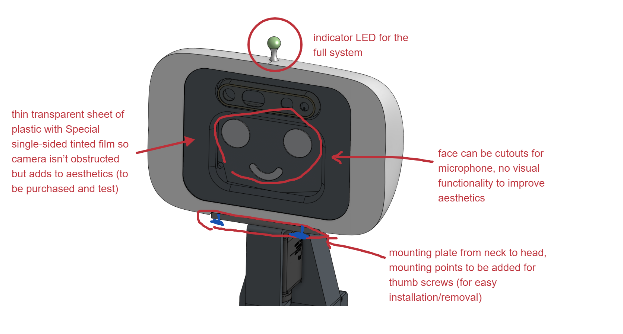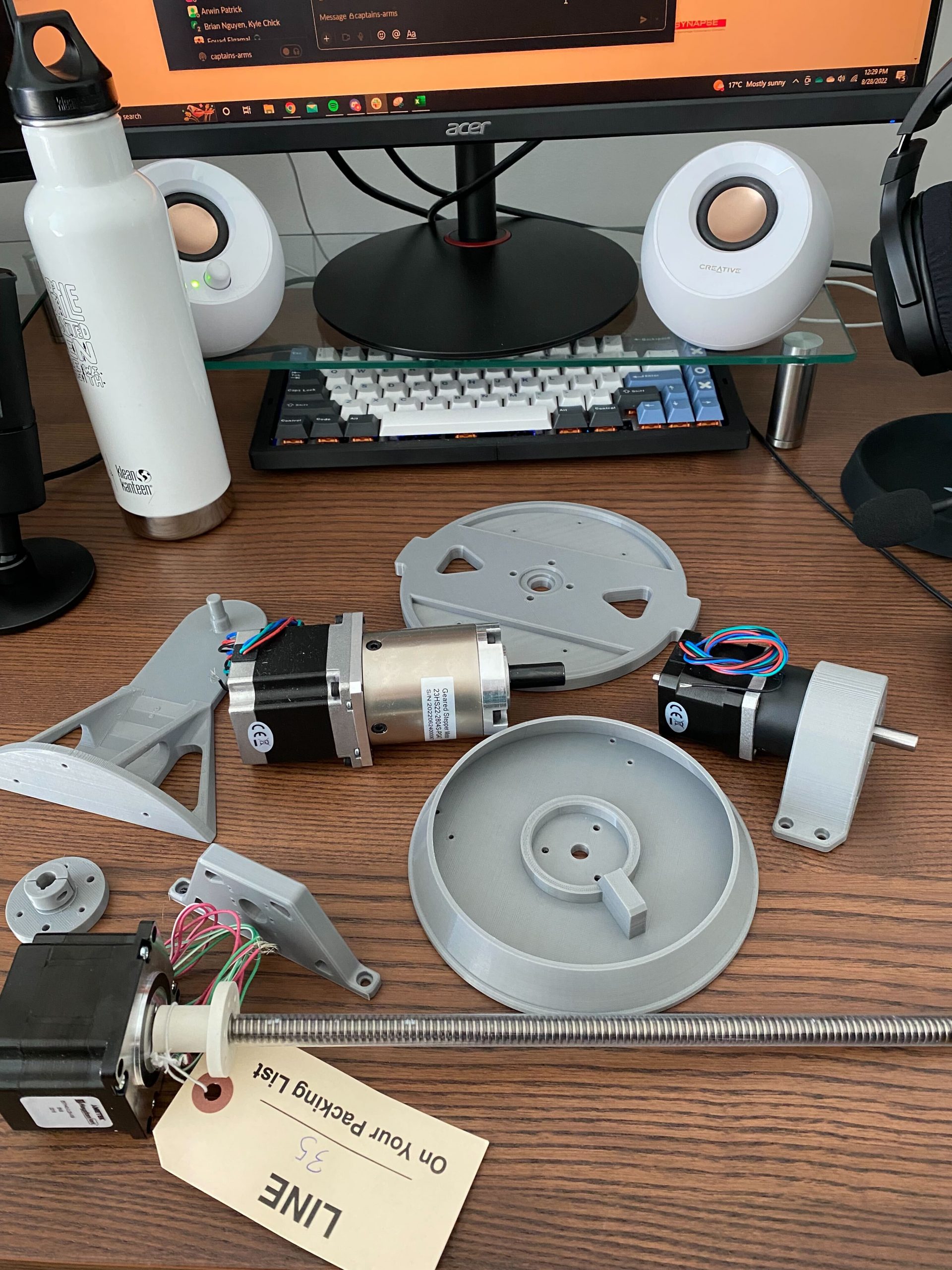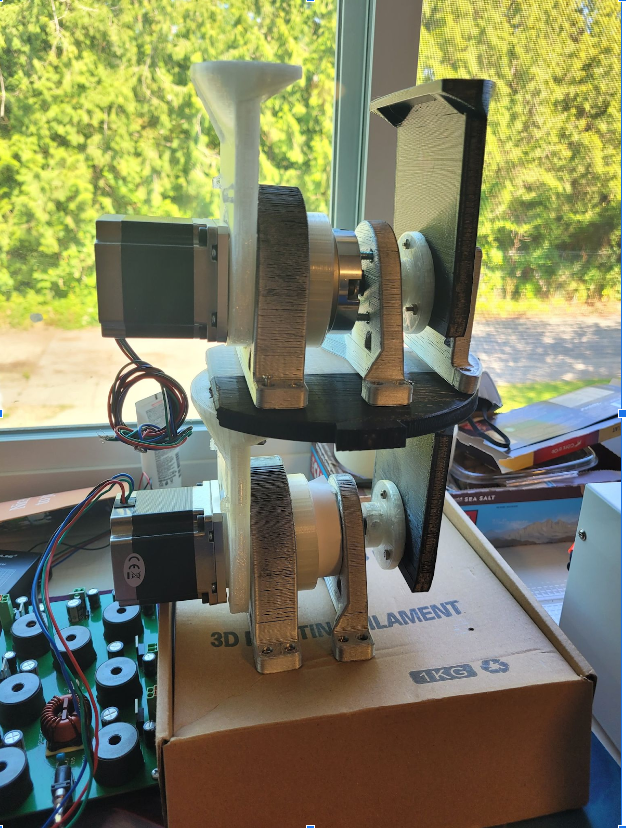Amount of funding awarded
$3,408.24
Budget Report
View budget report.

How the program has supported you
The Robocup@Home competition tasks us with developing a fully autonomous service robot that can assist people with everyday tasks—from holding luggage, to grocery shopping, to cooking. Our team is further split up into multiple sub-teams that each tackle the design, construction, and testing of an important part of the robot, with bi-weekly integration meetings to ensure that the team’s progress and internal deadlines are consistent throughout the sub-teams and to further ensure a smooth integration process. In these integration meetings, sub-teams regularly communicate with each other to ensure their designs are compatible in an approach to promote parallelism in design without any major problems in integration. The support and funding from PAF allows us to purchase the parts and components used to design and construct the robot. This funding plays a critical role not only in allowing our team to participate in the Robocup@Home competition, but also to create an enriched learning experience for students outlined below.

Outcomes
The students who contributed to the development of this project are able to expand their technical skillset. Students were able to apply the theory learned in class to mechanical and electrical designing, prototyping and fabrication processes. Furthermore, students adopted vital soft skills including critical thinking, project management experience, technical communication, and time management. The funding also allowed students to gain experience in financial management and strategic component selection, which are critical to working on any engineering team in the future.
At the current point in our timeline, the robot has undergone extensive design and is currently being built and the integration is being tested. As such, in the short term our professional development goals for members will be to gain experience in comprehensive testing and performing design iterations as necessary as well as keeping detailed records of the process along the way. Detailed logs of tasks involved and practical knowledge required to implement the robot will be recorded and made open to future generations of UBC Open Robotics members for the betterment of their learning as well.
Due to the hybrid aspect of our work in the past, progress in machining was slowed as some students remained extra cautious during the return to school amidst the pandemic. As a result, some machining or construction of components for the robot was delayed but as restrictions lightened and we all learned to adapt to the hybrid format, more machining and testing was able to be done. This is also indicative of our claims as the majority of purchases that were made took place towards the end of this design cycle. Our team has a plan going forward to focus on safe in-person and remote work done efficiently in order to meet our deadline of producing a qualification video in October for the Robocup@Home open platform league in 2023 summer in Bordeaux, France.
